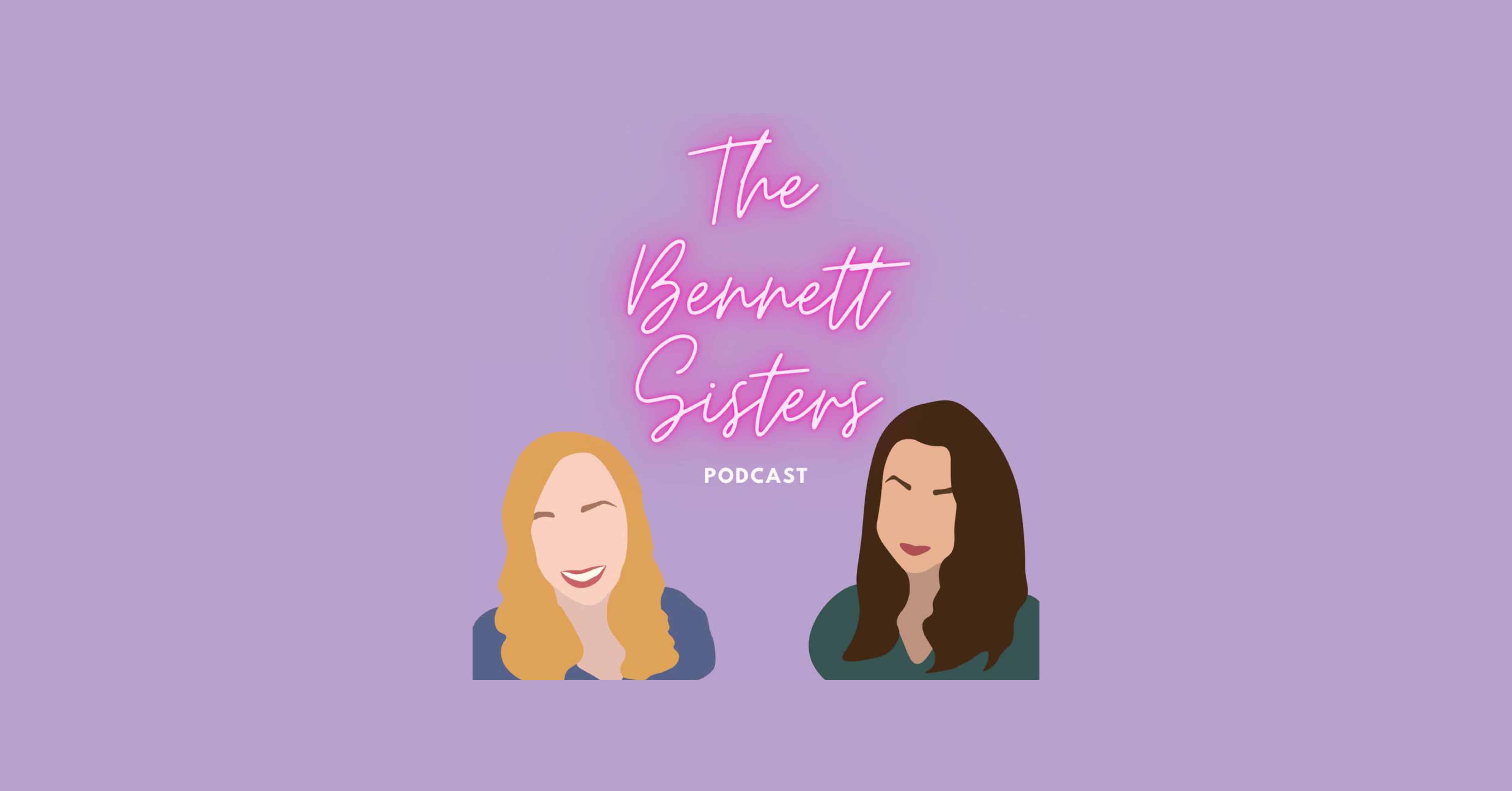These truly are challenging times for everyone! One of the most important actions you can take as you consider the current impact on your life is to remain calm. Sure. You have heard everyone tell you to be calm but it is one of the most important foundations of thinking clearly about situations in which you have not control to change.
On February 19, 2020, our economy began a slow down that quickly picked up speed causing a (18.21%) return year-to-date through March 26, 2020. To many of us this precipitous drop in the broad index was felt like an earthquake to our retirement accounts! This is where investors, particular those retiring in the next two years, must find a place of perspective.
Lets painfully look back to the market turbulence of the last major correction and reflect on the perspective gained from that period compared to today. In 2008, the S&P 500 fell (37.00%) within a period of ten weeks. Comparing the two periods of negative returns in the index gives us a moment of relief.
When advising our clients to take certain actions to protect their retirement assets, we believe simple steps can be implemented that will yield significant results. The first step is your mindset about investing. Many investors believed the long bull run markets could provide significant returns on their investments but got caught with too much exposure in their portfolios. You should act on those activities you can control – diversification, quality of the investments, timing for retirement election and establishing a level of risk that allows you to sleep at night.
One of the most important steps of our proprietary process for guiding clients through retirement is to assess their true feelings about risk. The second step is to determine what their ultimate objectives for their investments will be. With these two factors we can develop a portfolio of long-term perspective that considers market contractions and expansions without compromising the investor’s time of retirement.
I have visited with individuals who were surprised by the recent market contraction and will now postpone their retirement plans. This is not the way they wanted to start their next phase of life. Take steps today to seek out the opinion of a specialist in retirement planning to give you confidence that your plan can weather any financial storm you may face. Perspective is the key to success! Are you sleeping well?
Here is the secret formula to sleeping well tonight: This too will pass. If you are age 50 and above, this is not your first experience with market contractions. Through some miracle, you have survived many market contractions dating back to the 70’s and 80’s. The difference among these markets is that you most likely have more invested at this stage of life than you did in your teens and twenties. More at risk, the more you are concerned about risk. Tomorrow is a new day. Live your life abundantly for today.









